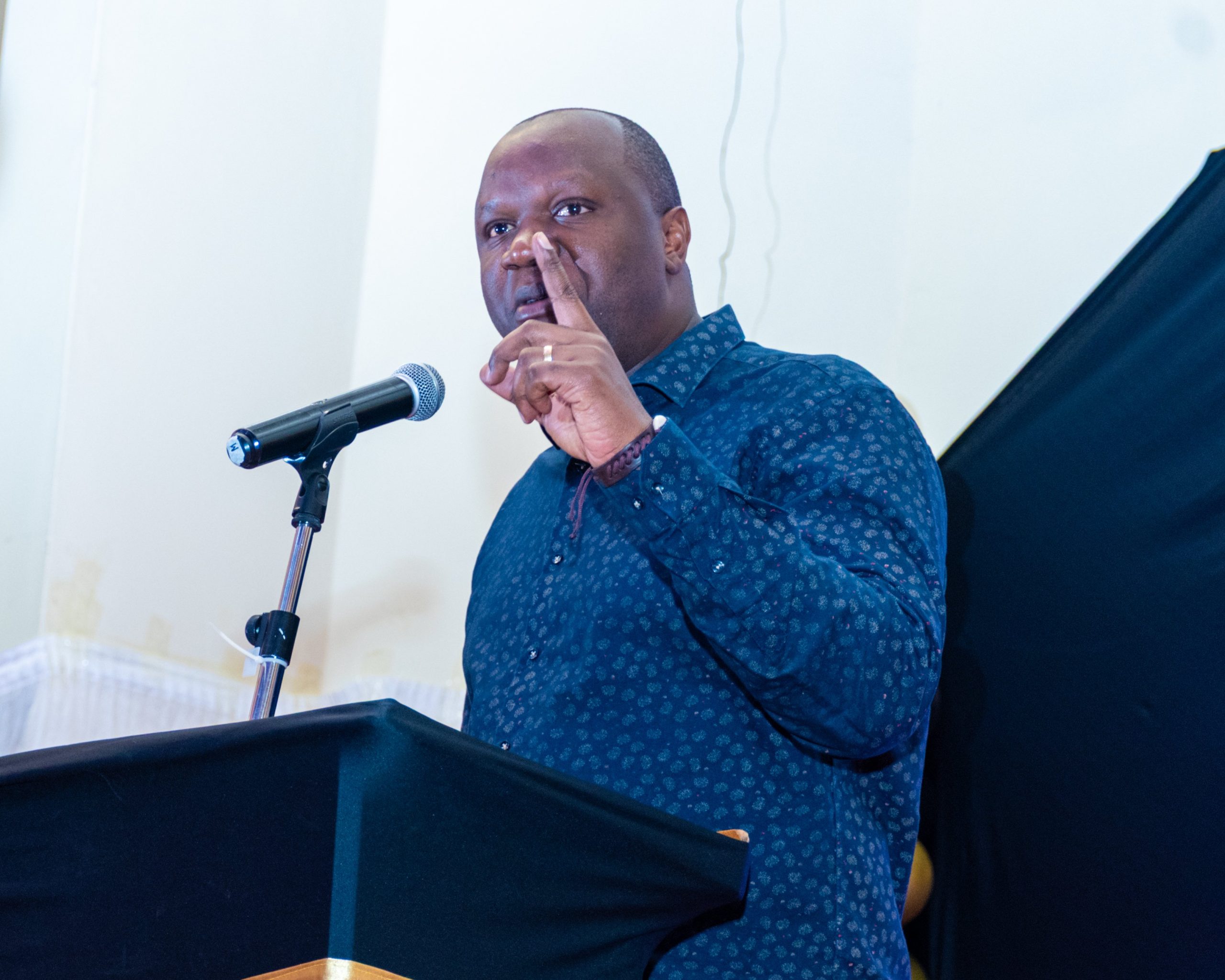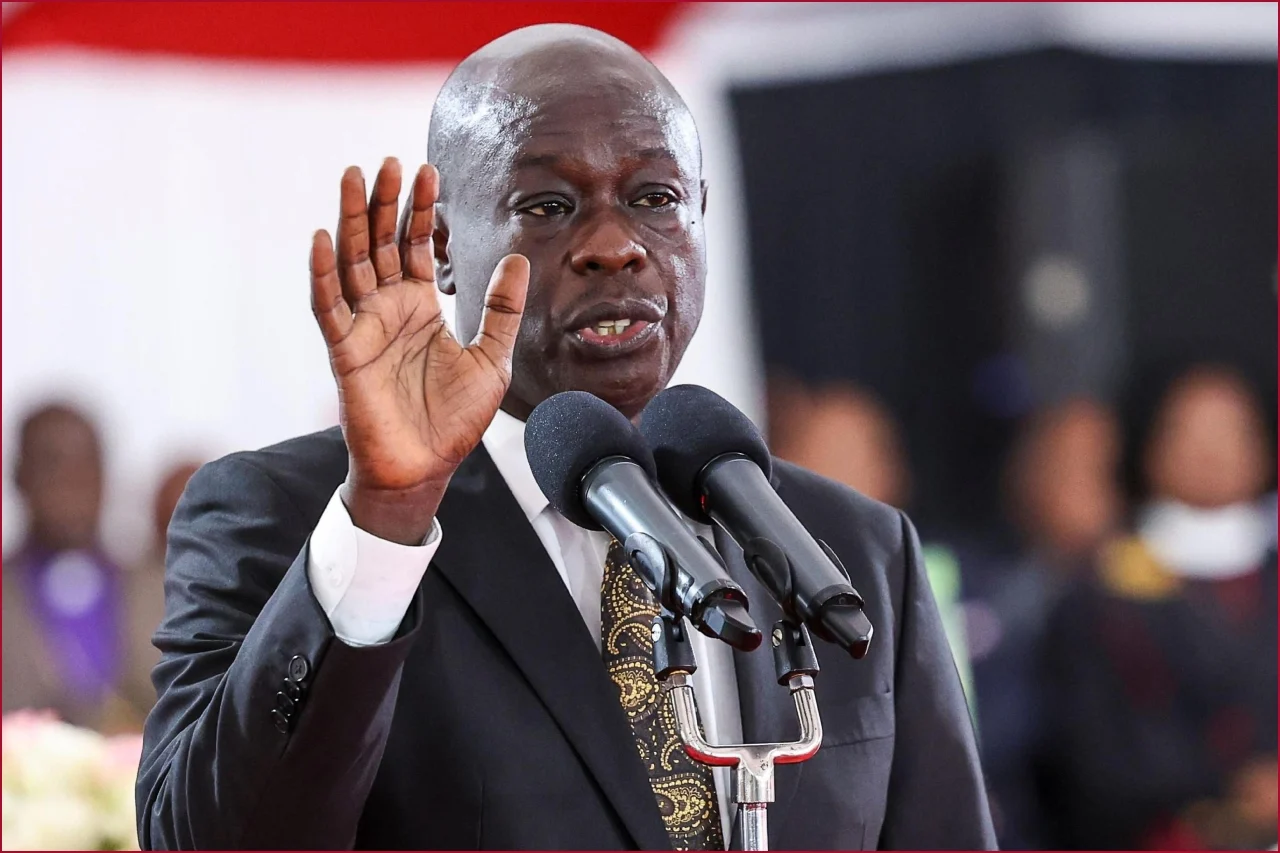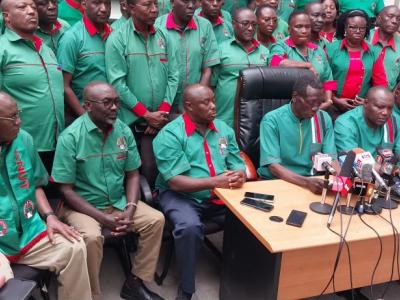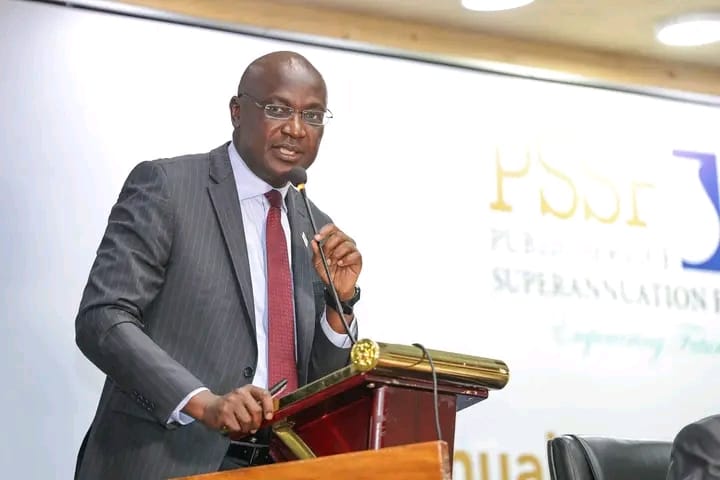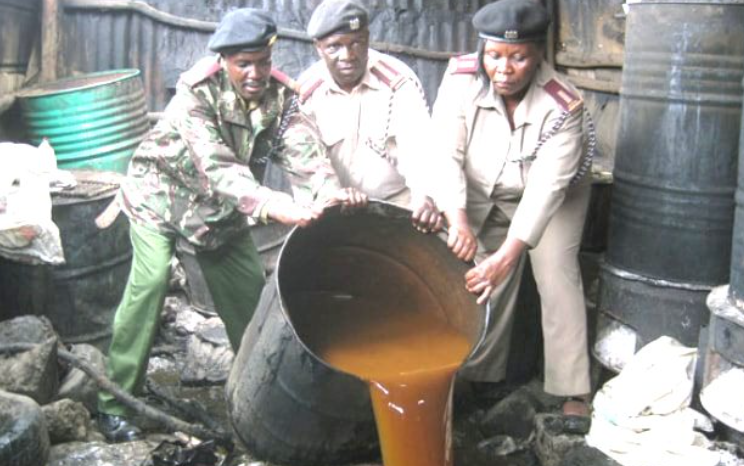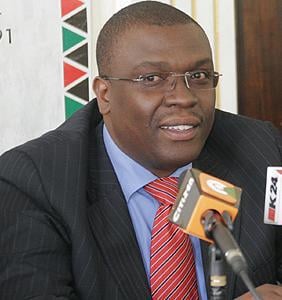
In a fierce critique that has sent shockwaves through Kenya’s political class, prominent political player Patrick Kisia has publicly declared Deputy President Kithure Kindiki “entirely in the wrong job,” accusing him of being miscast and incapable of fulfilling the demands of the office. The outcry has plunged parliament, party circles and the public into a debate over Kindiki’s capacity, performance, and the very nature of the deputy presidency under President William Ruto.
Blunt Accusation, High Stakes
Kisia’s remarks, delivered at a party gathering earlier this week, left no room for misinterpretation: Kindiki is not delivering on the expectations of Kenya’s second-highest office. According to Kisia, Kindiki’s approach lacks vision and fails the leadership test at a time when Kenya grapples with soaring cost of living, public discontent, and demands for tangible results.
“He is not just underperforming,” Kisia said, “he is in a role that demands more than what he offers. The country deserves more than what we are seeing.”
The accusations cut deep. The charges strike at the legitimacy of Kindiki’s appointment following the impeachment of his predecessor. They raise questions about alignment within the ruling United Democratic Alliance (UDA), and whether Kindiki has the political heft or popularity to support Ruto’s agenda through to 2027.
What Sparked the Criticism
Kisia’s critique comes amid growing dissatisfaction across sectors. Key issues raised include:
- Lack of leadership clarity and inconsistent messaging in the government’s enforcement of policies
- Poor communication with citizens on sensitive issues such as taxes, inflation, and public services
- A perception that Kindiki has failed to establish himself as a strong, independent voice—rather than a mere deputy—especially in delivering on rural-based infrastructure and decentralization promises
This is not just about rhetoric: Kisia’s attack reflects a broader unease among some leaders who view Kindiki’s ascendancy as exposing weaknesses in administrative capacity and political strategy.
Kindiki’s Defense
Deputy President Kindiki has responded by insisting he understands his role: to assist, support, and execute President Ruto’s agenda, not to overshadow or replace him. He has repeatedly defended himself against calls to be more confrontational or assertive, saying his duty is to unify and execute—not to oppose.
In recent speeches, he has expressed commitment to deliver on critical projects including roads, electricity, market infrastructure, and agricultural reforms. He has called for public patience even as progress in many sectors has lagged expectations.
The Fallout: Political Chess Moves
Kisia’s statement has already triggered reactions:
- UDA insiders are reportedly worried about factionalism, concerned that public criticism of Kindiki may embolden internal rivals
- Opposition leaders are seizing the moment, framing Kindiki’s supposed inability as proof of systemic failure in Ruto’s cabinet
- Analysts warn this could be a turning point: if Kindiki fails to respond with visible results, the Deputy President’s office risks becoming expendable in 2027 succession calculations


